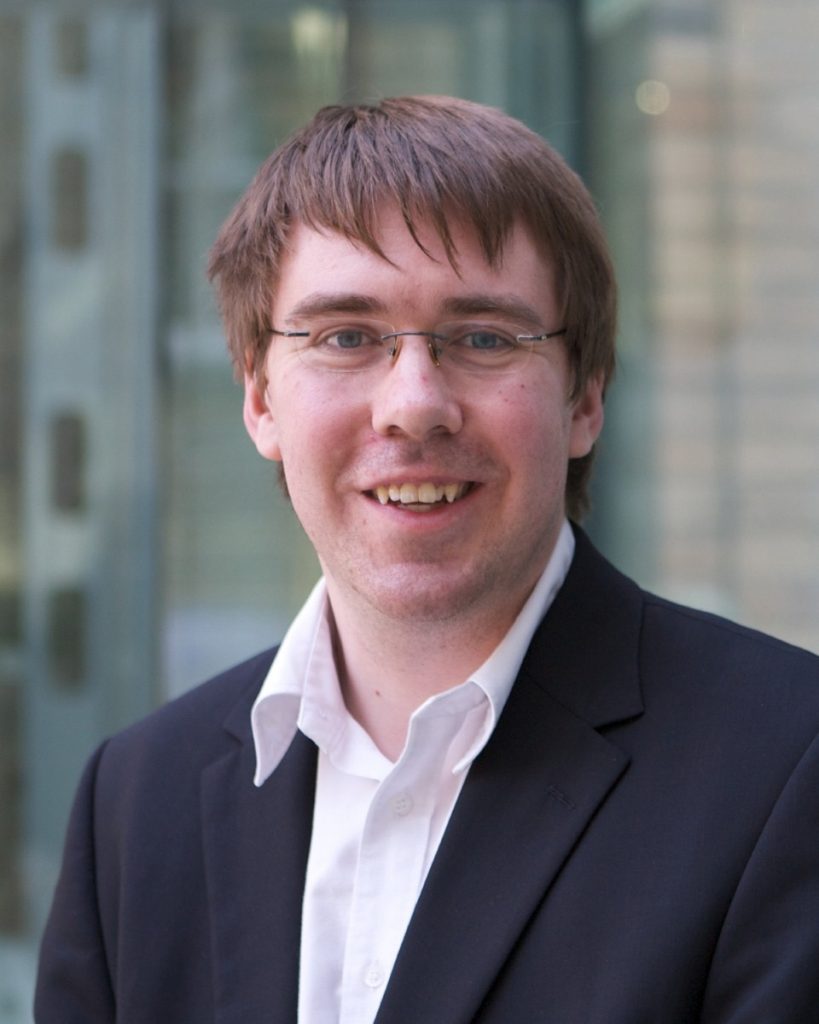Comment: We already knew North Korea is vile
By Dr Matt Ashton
As an academic I'm genuinely worried by the revelations that journalist John Sweeney went undercover with a group of students to North Korea.
Journalistic freedom is of course vital, but it has to be balanced against the safety of others – and also in this case academic freedom. While undercover work is an important tool of the journalist's trade it should never be undertaken lightly, especially when others are involved. The pros and cons have to be carefully weighed up. In some cases the relative importance of the story has to be balanced against the risks for those who may be affected by it.
When I want to do research that involves other people I have to fill out numerous ethics forms to make sure that I'm not taking advantage of them. They have to clearly understand the details of my work, what it's being used for, and how it will be presented. Normally the people involved are kept as anonymous as possible. Obviously not all of these rules can apply to journalism, and nor should they.


Clearly there were significant physical risks in John Sweeney's trip. North Korea is not renowned for its sense of justice and fair play. The idea that if a journalist had been discovered amongst the group they'd have just picked him out and sent the rest on their way seems fanciful in the extreme. Equally it's a bit optimistic to assume that all they'd have received is a bit of a talking to.
Then there are the risks to academic freedom. If the students hope to study North Korea in the future this probably means that they're never going to be allowed into the country ever again. As an academic this will severely limit their ability to research and write informed articles. Equally North Korea is much less likely to ever let academics or students of any sort enter or leave (certainly I don't think the LSE will be taking more trip there anytime soon). Potential scholars from all universities are unlikely to want to study a country they can never visit, so instead could chose to research into other areas. As a result of this we're going to have less accurate information and data rather than more.
John Sweeney states that the students gave their informed consent. I think a lot more details of this have to be released. For instance, what information were the students given? Were they given clear written details of how many BBC journalists were going? Crucially were they told that there would be filming involved? There's a world of difference between a journalist going along and then writing a print article about it later, and one filming as they go. The latter is much more likely to be caught for obvious reasons, massively increasing the risk. Finally, who signed off on all of this at the BBC?
The students were clearly being put at risk. At a minimum they needed to know exactly what those risks were. Also, what responsibility was the BBC taking if they had been caught? Would the BBC have met any of the legal fees involved in getting them out, or would they just have shrugged their shoulders and stated "They were adults, they knew the risks"? I'm not sure the parents of the students involved would take that view.
Imagine for a second that the group had been caught and were currently languishing in a Gulag somewhere. Would the rest of the press be arguing that the story was worth the risk? Or would they be asking some very searching questions as to how this was allowed to happen. The fact that the students did all make it in and out safely shouldn't mean that these questions should be ignored.
Finally there is the fundamental question of whether the story is worth it? As the documentary hasn't been broadcast yet it's impossible to say for certain. The North Koreans aren't fools though and aren't likely to have given the students a guided tour round all the parts of the regime they normally keep secret. Someone is likely to have been with them at all times keeping an eye on what they saw.
My gut instinct is that it will show that North Korea is a deeply unpleasant country run by murderous barbarians. Oddly enough I already knew that, and I suspect that most other people did as well.
Dr Matthew Ashton is a politics lecturer at Nottingham Trent University. Visit his blog.
The opinions in politics.co.uk's Comment and Analysis section are those of the author and are no reflection of the views of the website or its owners.









